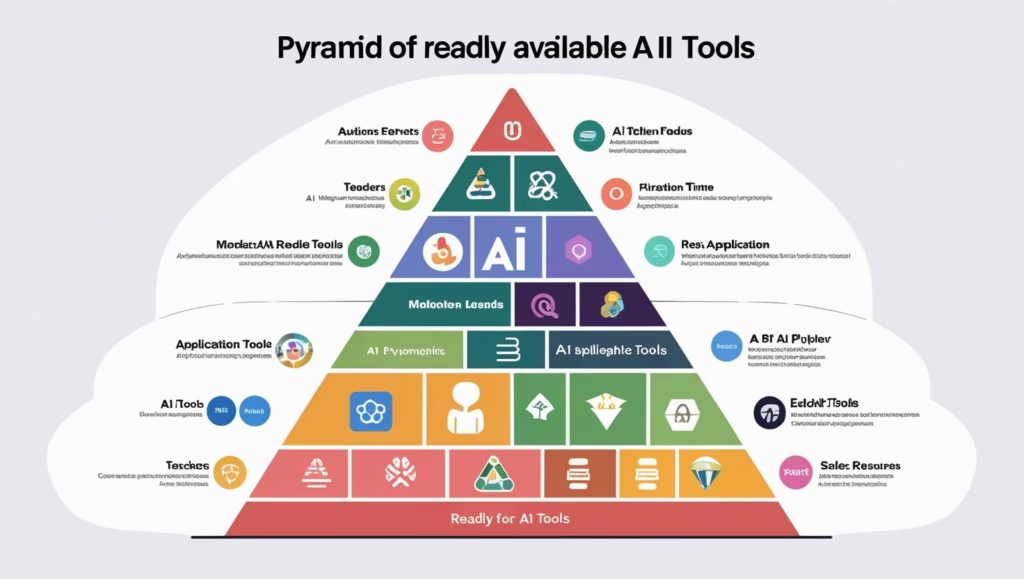The world of healthcare is undergoing a digital revolution, and 2025 stands as a landmark year in this transformation. From artificial intelligence to remote monitoring, technology is not just changing how care is delivered it’s fundamentally reshaping our experience as patients, caregivers, and professionals. Let’s explore the most impactful trends poised to shape our wellbeing in the coming year.
The Digital Transformation of Healthcare
Imagine a healthcare system where your medical history, vital signs, and even genetic data are seamlessly integrated, enabling doctors to offer personalized care wherever you are. This vision is rapidly becoming a reality, thanks to the accelerating pace of digital transformation. In 2025, healthcare organizations worldwide are embracing digital tools to improve efficiency, enhance patient outcomes, and make care more accessible and equitable.

Artificial Intelligence: The Brainpower Behind Modern Medicine
AI is no longer a futuristic concept-it’s the engine powering some of the most exciting advances in healthcare today. In 2025, AI-driven tools are revolutionizing diagnostics, helping doctors spot diseases earlier and more accurately through advanced image recognition and predictive analytics. For example, AI can analyze thousands of medical images in seconds, flagging abnormalities that might escape the human eye.
AI-powered chatbots and clinical decision support systems are also enhancing patient communication and streamlining administrative tasks, freeing up clinicians to focus on what matters most: patient care. However, it’s crucial to remember that AI is only as good as the data it’s trained on. Ensuring transparency, minimizing bias, and keeping human oversight at the core of decision-making are essential to harnessing AI’s full potential.
Telemedicine and Remote Patient Monitoring: Care Without Borders
The pandemic may have accelerated telemedicine, but its momentum is only increasing. In 2025, telehealth platforms and remote monitoring devices are breaking down geographical barriers, allowing patients to consult with specialists and manage chronic conditions from the comfort of their homes.
Wearable devices and mobile apps now enable real-time sharing of vital health data with providers, supporting proactive management of diseases like diabetes and heart failure. This not only saves time and money but also ensures timely interventions, especially for those in rural or underserved areas.
Wearable Health Tech and the Internet of Medical Things (IoMT)
Wearables have evolved far beyond simple fitness trackers. In 2025, they include biosensors that continuously monitor heart rate, blood pressure, glucose levels, and more, feeding data directly into healthcare platforms for personalized care and early detection of health risks. The synergy between wearables and mobile apps empowers patients to take charge of their health, while also providing clinicians with a rich stream of data for better decision-making.

Electronic Health Records (EHR) and Interoperability
Centralized, interoperable EHR systems are streamlining healthcare workflows like never before. By enabling seamless data sharing across providers, these systems reduce redundancies, minimize errors, and support better clinical decisions. In India, for example, government initiatives are rapidly expanding digital health records, making healthcare more accessible and efficient, especially in rural areas.
5G-Enabled Medical Devices: Speeding Up Innovation
The rollout of 5G networks is supercharging medical devices, making real-time remote robotic surgeries, emergency data transmission, and augmented reality training for healthcare professionals possible. This leap in connectivity is transforming how-and where-care can be delivered, bringing advanced procedures to even the most remote locations.
Medical Robotics and Smart Surgery
Robot-assisted surgeries are becoming more precise and less invasive, leading to faster recovery times and better outcomes for patients. These smart surgical systems can perform delicate procedures with unmatched accuracy, expanding access to high-quality care and reducing the risk of complications.
3D Printing and Smart Implants
3D bioprinting and personalized implants are transforming patient rehabilitation and surgical planning. In 2025, these technologies are making customized, cost-effective prosthetics and implants more accessible than ever before. From fully functional mechanical limbs to life-saving cardiovascular and neurological implants, 3D printing is offering new hope for patients with previously incurable conditions.
Precision Medicine and Genomics
The shift toward precision medicine is one of the most promising trends in healthcare. By analyzing genetic, lifestyle, and environmental data, providers can tailor treatments to each individual, improving diagnostic accuracy and reducing side effects. AI is accelerating drug discovery and enabling more effective clinical trials, bringing new therapies to patients faster than ever.
Blockchain for Healthcare Security
With the explosion of digital health data comes the need for robust security. Blockchain technology is being adopted to secure patient data sharing, pharmaceutical supply chains, and clinical trial integrity, ensuring that sensitive information remains private and tamper proof. Effective consent management and compliance with evolving privacy regulations are critical to maintaining trust as digital health expands.
Human Impact and Patient-Centered Care
At the heart of these innovations is a commitment to empowering patients and improving quality of life. Digital technologies are making care more personalized, accessible, and efficient, while also supporting greater collaboration between patients and providers. By focusing on patient-centered solutions, the healthcare system is moving toward a future where everyone can benefit from the latest advances-regardless of location or background.
Looking Ahead: Embracing a Healthier, More Connected Future
The healthcare landscape of 2025 is defined by innovation, connectivity, and a renewed focus on patient wellbeing. While challenges like data privacy and infrastructure remain, the opportunities for better health outcomes and a more equitable system are immense. By embracing these technologies thoughtfully and ethically, we can look forward to a future where healthcare is not just smarter-but truly human-centered.
The future of health is here, and it’s powered by technology that cares.
Keywords: healthcare technology 2025, digital health trends, AI in healthcare, telemedicine 2025, remote patient monitoring, wearable health devices, Internet of Medical Things, 5G healthcare, precision medicine, genomics in healthcare, blockchain healthcare security, medical robotics, smart surgery, 3D bioprinting, virtual care, healthcare interoperability, patient-centered care, healthcare innovation 2025, AI diagnostics, healthcare data analytics
Disclaimer: Transparency is important to us! This blog post was generated with the help of an AI writing tool. Our team has carefully reviewed and fact-checked the content to ensure it meets our standards for accuracy and helpfulness. We believe in the power of AI to enhance content creation, but human oversight is essential.





